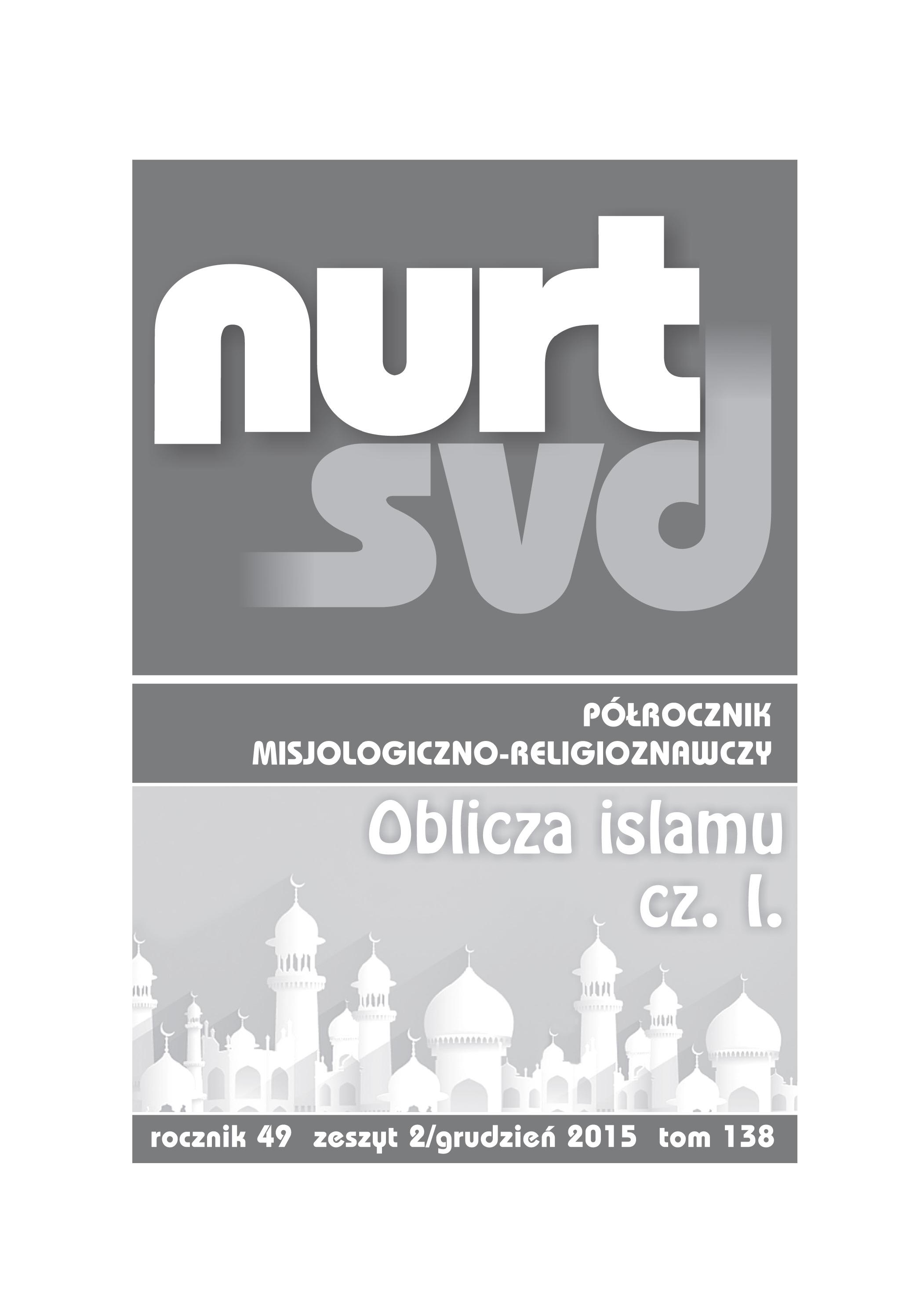Unity in Diversity. The “Prophets” Muḥammad, Abraham and Jesus and the Islamo-Christian Dialogue
Unity in Diversity. The “Prophets” Muḥammad, Abraham and Jesus and the Islamo-Christian Dialogue
Author(s): Thomas MoorenSubject(s): Theology and Religion, Islam studies
Published by: Verbinum
Keywords: Muḥammad; Abraham; Jesus; Islamology; Missiology; Islamo-Christian Dialogue; Interreligious Dialogue
Summary/Abstract: The author argues that dialogue between Islam and Christianity is necessary to avoid intolerance and politicization of both religions. However, a real dialogue must be based not only on achieving easy approval resulting from the real similarities, but also – and perhaps primarily – on becoming aware of the differences. Such a dialogue can lead to unity in diversity, in which there will be no place for domination of a party, but rather a competition in faith and investigation towards achieving holiness.The article discusses three problems that largely divide Christians and Muslims: Muhammad as a prophet, the role of Abraham in the Islamic revelation and the question of divine filiation of Jesus. The author, relying on the Qur’an, presents mainly the standpoint of Islam (supplemented for comparison with relevant excerpts from the book of Genesis and the New Testament) that sees Mohammed and his revelation as the crowning of a long series of prophets. Although Jesus also is considered a prophet and is one of the most important ones, but suras of the Qur’an strongly emphasize that he cannot be God’s son, because it would impair the perfection and self-sufficiency of the one God, and thus would deny His divinity. The Koran also performs the “Islamization” of Abraham, seeing him as a fully conscious follower of the monotheistic, universalistic religion and a kind of prefiguration of Muhammad – the only just one struggling with pagan (and even more broadly – un-Islamic) environment.
Journal: Nurt SVD
- Issue Year: 138/2015
- Issue No: 2
- Page Range: 294-324
- Page Count: 31
- Language: English

